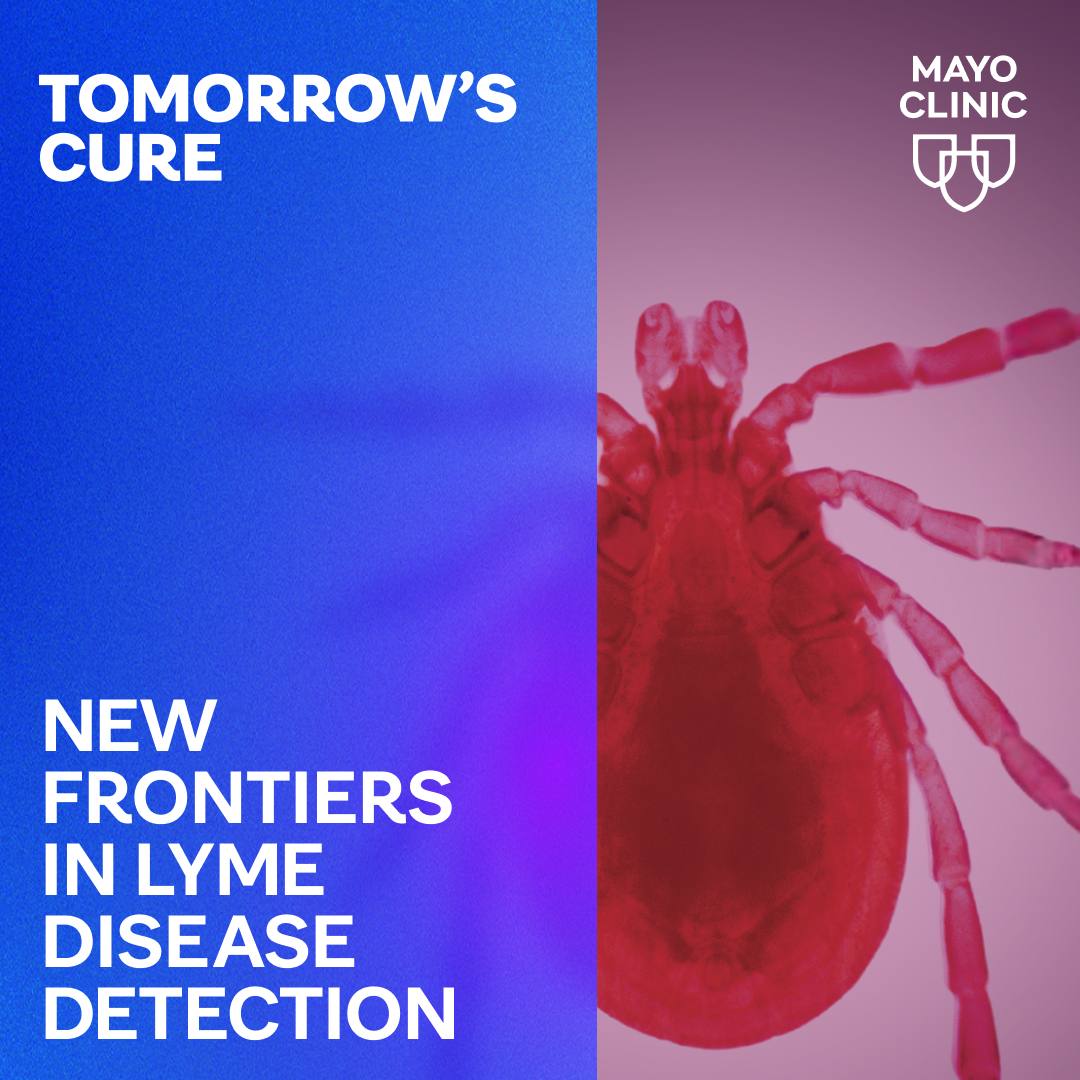-
Expert Alert: Bioethicist discusses 4 key things to know about possibilities, pitfalls of gene editing

ROCHESTER, Minn. — Gene editing has captivated scientists and medical providers with tantalizing visions of wiping out debilitating inherited diseases. Could conditions like Huntington’s disease, for example, be cured by using a tool that acts as a "molecular scissors" to remove and replace disease-causing DNA? Or, would gene editing tempt some to engineer designer babies with genes encoded for superior intelligence, beauty or athletic abilities? Gene editing technology is rapidly advancing, putting tools at the forefront of medical research. One of the best known gene editing tools is CRISPR-Cas9, which stands for clustered regularly interspaced short palindromic repeats and CRISPR-associated protein. CRISPR-Cas9 has the potential to make gene editing faster, cheaper and more accurate, which could speed basic research studies and findings.
Gene editing technology is rapidly advancing, putting tools at the forefront of medical research. One of the best known gene editing tools is CRISPR-Cas9, which stands for clustered regularly interspaced short palindromic repeats and CRISPR-associated protein. CRISPR-Cas9 has the potential to make gene editing faster, cheaper and more accurate, which could speed basic research studies and findings.
Although Mayo Clinic does not use gene editing as part of any treatment, it is studying the implications. Megan Allyse, Ph.D., a bioethicist who works with the Bioethics Program of the Mayo Clinic Center for Individualized Medicine and the Department of Obstetrics and Gynecology, warns that, along with improvements in understanding of the genome, gene editing also poses ethical concerns.
“It’s important to have public conversations to understand the limitations of this new technology. What are best practices (for gene editing)? What are the implications? What are the misuses of technologies like this? How can we harness it to benefit patients? How do we prevent harming populations or increasing health disparities or side effects that are not acceptable?” asks Dr. Allyse.
Dr. Allyse shares four key factors on why gene editing is still years away from medical practice:
- There’s a lot we don’t understand yet.
“CRISPR-Cas9 is a tool that works very well,” says Dr. Allyse. “The problem is with us and how we use the tool. Technology can be used in many ways: It can be harmful or beneficial. We know so little about the human genome and how it works. How can you edit what you don’t know?”One concern is that gene editing won’t work the way we want it to. Dr. Allyse points to a study that found that embryos rejected attempts to replace a sequence of genetic code that coded for disease with healthy DNA. Instead, the embryos reverted to inherited DNA from parental genomes to replace what was removed.Another concern is that editing one portion of a gene could lead to damage or unwanted side effects in another part of that gene.“For example, some of the genes that have been associated with intelligence have also been associated with psychopathy,” says Dr. Allyse. “Do we want to alter genetic intelligence only to risk creating psychotic problems in a different part of the genome? Is it worth the risk?” asks Dr. Allyse. - Existing technologies may accomplish the same thing.
Researchers are studying whether gene editing could be used to remove defects in embryos to prevent genetically inherited diseases. Edits to the germline (inherited) portion of the genome would then affect all future descendants of that embryo.However, Dr. Allyse points out that we don’t have to turn to gene editing to achieve that goal. Parents can have carrier screening to learn whether they have a disease-causing variant that could be passed to children. And, in vitro DNA tests can identify embryos with known genetic conditions. Parents have the option of using in vitro fertilization to implant only healthy embryos.“For the most part, we already have the technology to do what gene editing seeks to accomplish,” says Dr. Allyse. “We have a proven track record with existing technology. Why would we need to turn to the uncertainty of gene editing to do the same thing?” - Genetics is just one factor to consider.
Research has shown that environment, personal habits and how someone is raised tend to play a greater role than genetics in overall health and disease.“People tend to overestimate that genetics is the be-all, end-all answer to everything,” says Dr. Allyse. “With the exception of certain, clearly genetic conditions, research has shown that access to education, nutrition and immunizations may have a greater influence on a child’s health and abilities than genetics.” - Medical practice isn’t ready for it.
Dr. Allyse says the closest clinical application of gene editing may be its use in gene therapy. Gene therapy is used to replace genetic deficiencies, such as when the body’s enzymes or amino acids are not functioning properly. Gene editing may make gene therapy more effective by speeding up research and delivering replacement therapy to more precise locations within the genome.Despite that, Dr. Allyse predicts that gene editing is still many years from becoming part of the mainstream medical practice, if it gets there at all.“We just don't have the knowledge of how it will impact our overall health. We don’t have the mechanisms to understand. Medical practice and society are not yet ready for gene editing to become a part of routine clinical care,” says Dr. Allyse.
Aside from gene editing, researchers and physician-scientists at Mayo Clinic Center for Individualized Medicine continue to seek ways to apply the latest genomic, molecular and clinical science to personalized care for every individual, so patients receive the exact care they need —when they need it —and to address unmet needs of the patient.
MEDIA CONTACT
To schedule an interview with Dr. Allyse, contact
Susan Buckles, Mayo Clinic Public Affairs, 507-284-5005, newsbureau@mayo.edu
Dr. Allyse also can discuss these topics in bioethics:
- Uterine transplants
- Gene editing of embryos
- Reproductive genetic testing
- Prenatal testing
- Women’s health and genetics
- Children’s health and genetics
###
About Mayo Clinic Center for Individualized Medicine
Mayo Clinic Center for Individualized Medicine discovers, translates and applies new findings in genomic research into individualized medicine products and services for patients everywhere. For more information, visit mayoresearch.mayo.edu/center-for-individualized-medicine.
About Mayo Clinic
Mayo Clinic is a nonprofit organization committed to clinical practice, education and research, providing expert, comprehensive care to everyone who needs healing. For more information, visit mayoclinic.org/about-mayo-clinic or newsnetwork.mayoclinic.org.







